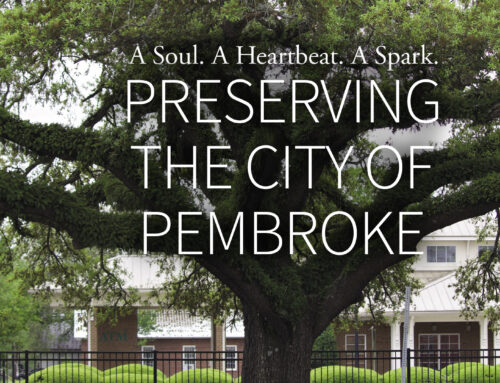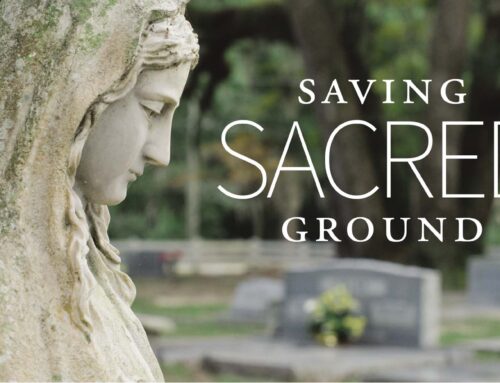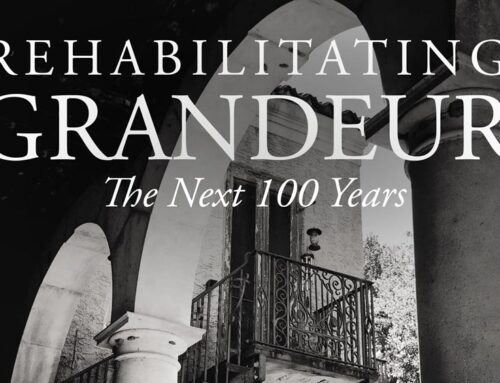From Ways to Richmond Hill
WORDS BY KENNETH DIXON, PHOTOS COURTESY OF RICHMOND HILL HISTORICAL SOCIETY
ARCHIVES
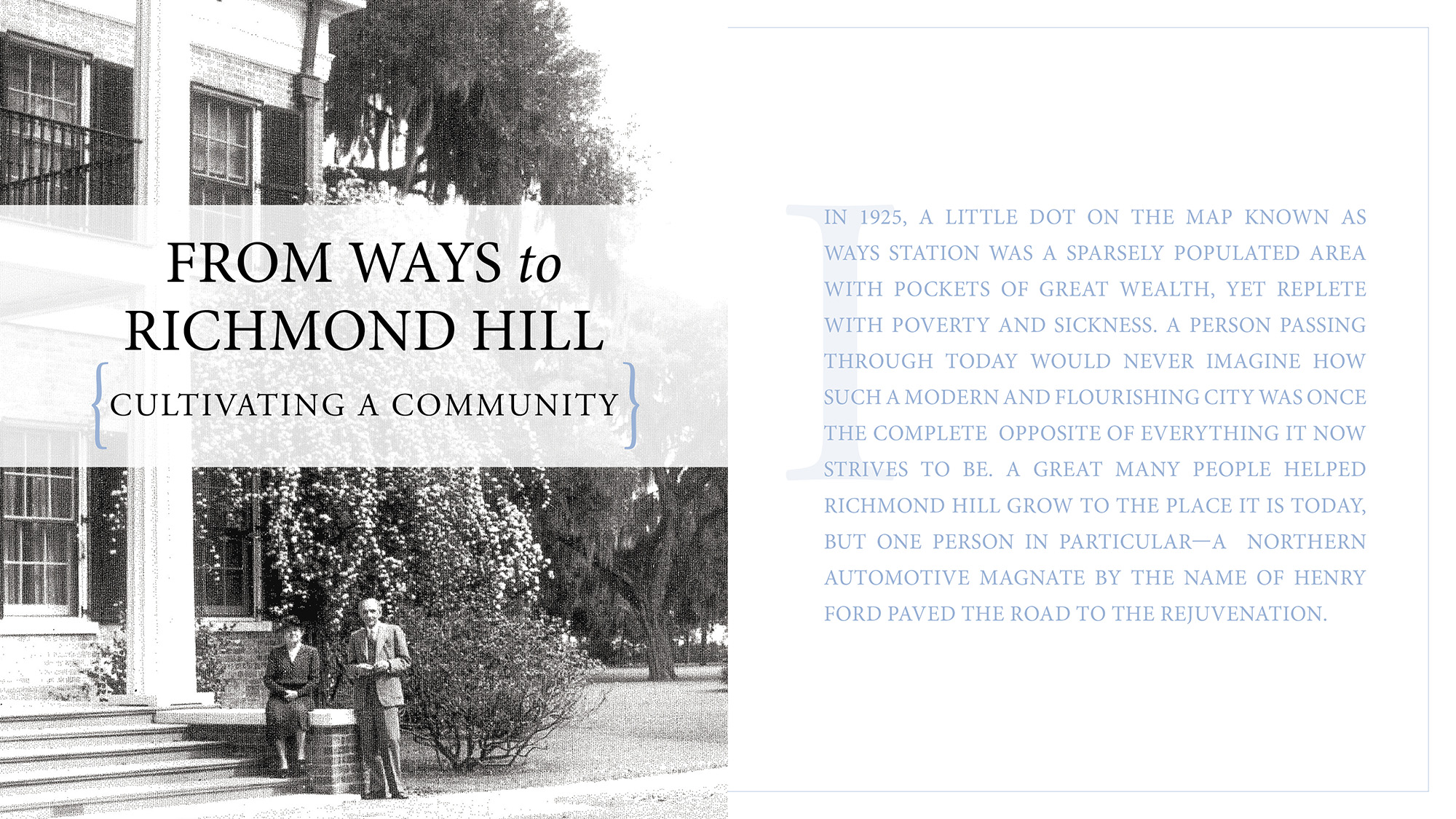
In 1925, a little dot on the map known as Ways Station was a sparely populated area with pockets of great wealth, yet replete with poverty and sickness. A person passing through today would never imagine how such a modern and flourishing city was once the complete opposite of everything it now strives to be. A great many people helped Richmond Hill grow to the place it is today, but one person in particular— a Northern automotive magnate by the name of Henry Ford paved the road to the rejuvenation.
By the 1920s, Ways Station consisted mostly of large tracts of land developed in the 18th and 19th centuries as prosperous rice plantations that began a steady decline after the Civil War and three major hurricanes. Long neglected rice fields, an ideal breeding ground for malaria-infested mosquitoes, caused serious health issues for the few residents on Bryan Neck. Combined with a lack of major industry and few educational opportunities, the area was in desperate need of a helping hand and fresh ideas to rejuvenate it.
Henry and Clara Ford were so impressed with the natural beauty of southern Bryan County that they decided to make their ties to the area permanent and began the monumental task of improving the community, essentially cultivating the roots of the strong, ever-growing community we see today.
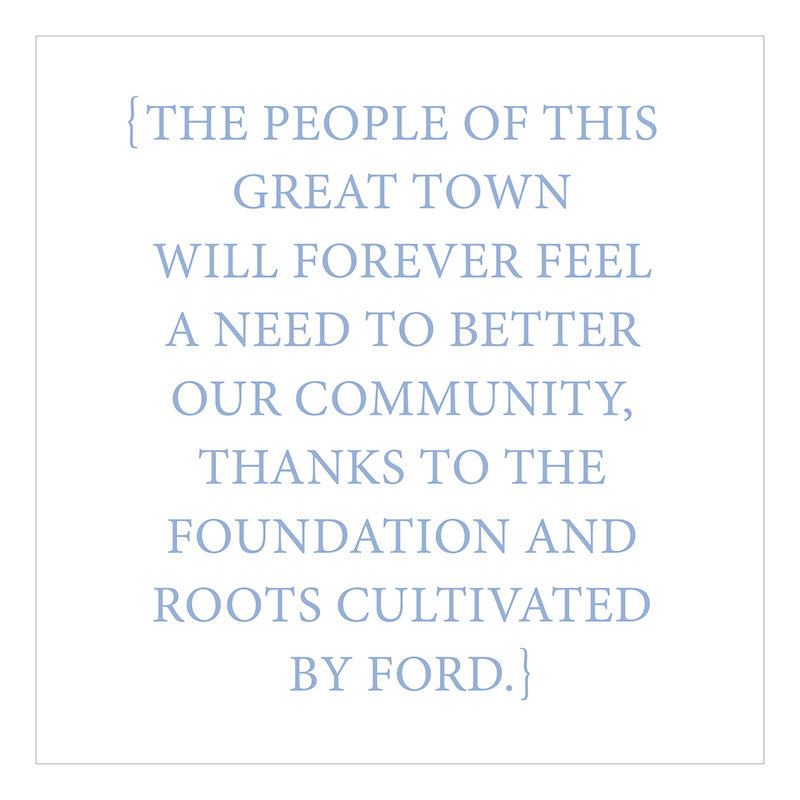
Everything that Ways Station needed to prosper was built when the Fords established their winter home on the site of the old Richmond Plantation. Homes and churches were built, schools and medical clinics were established, jobs were created — all at the expense of Mr. Ford.
A standard was born from the automotive magnate—one of constant improvement with respect for the past. He cultivated a community with hard-working people, beautiful land and a vision to create something to last. Just like Ford, we desire plans for growth to encompass new jobs and a constant search for pillar-like businesses to open their doors here. Providing residents with what they need to live, work and play all in the parameters of town is important. Preserving our history by protecting the buildings that give character and charm to our community is also important; these structures will continue to remind us of our past, giving each newcomer a sense of connection and, hopefully, a desire to continue to make their own contribution to the city.
The people of this great town will forever feel a need to better our community, thanks to the foundation and roots cultivated by Ford.

